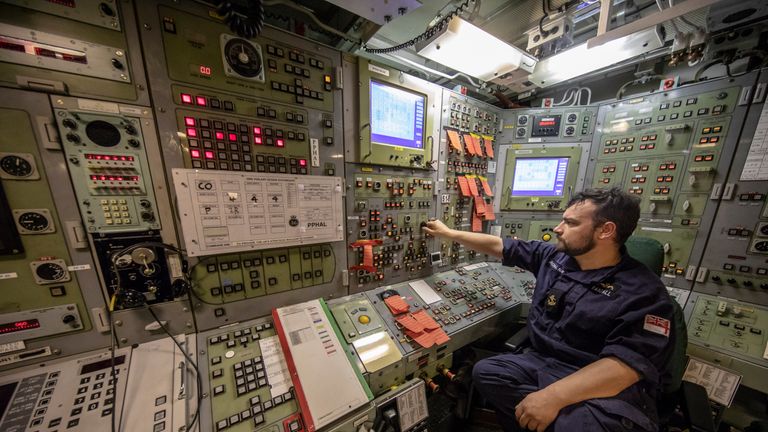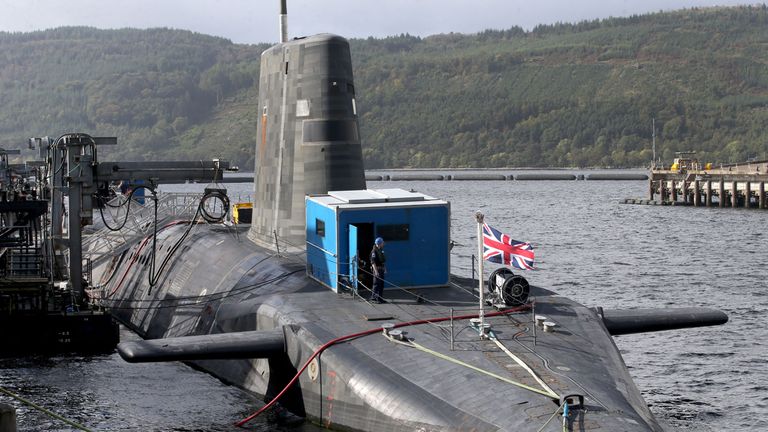Trident: MoD upgrade of Britain’s nuclear weapons system over-budget by £1.35bn, watchdog warns
The budget to maintain Britain’s Trident nuclear weapons system has overrun by more than £1bn after the Ministry of Defence failed to learn from past mistakes, according to a new report.
The National Audit Office (NAO) also said poor management of the infrastructure to upgrade the MoD’s four Vanguard-class submarines has meant delays of up to six years.
The watchdog said “inappropriate” contracts with outside contractors and beginning building work on facilities before the designs were “sufficiently mature” had added hundreds of millions of pounds to costs.
The NAO also highlighted a lack of technical skills within the MoD, which resulted in the “gold-plating” of designs as staff were unable to challenge regulators when they insisted upon overly-complex specifications.
It examined three programmes within the Nuclear Enterprise, some dating back to the 1950s:
- Project Mensa to construct a new nuclear warhead assembly and disassembly facility at the Atomic Weapons Establishment site at Burghfield
- The building of a new core production capability (CPC) at the Rolls Royce site at Raynesway to produce the latest nuclear reactor core designs
- The primary build facility at the BAE Systems shipyard at Barrow-in-Furness where the new Dreadnought class submarines to carry the Trident nuclear missiles will be built.
While the projects were valued at £2.5bn, the NAO found costs had risen by £1.35bn.
The watchdog also said it was “disappointing” that the MoD was continuing to repeat mistakes made during previous investments in the 1980s and 1990s.
They included “starting to build before requirements or designs were sufficiently mature, increasing risks through inappropriate contracts and failing to engage with regulators to understand requirements”.
Despite finding problems in similar UK civil nuclear projects and US defence programmes, the NAO said it found no evidence of lessons being shared or learned.
It said delays to project Mensa had meant the MoD having to spend an extra £21m to keep existing facilities going.
It also claimed site operators struggled to recruit staff able to challenge complex demands by regulators.
Gareth Davies, head of the NAO said of the MoD: “Although it has recently introduced changes to enhance its oversight of the projects and improve its contracts with suppliers, it should have learnt earlier from past mistakes and the experience of others in the nuclear sector.
“Instead, the MoD’s failure to mitigate commercial and delivery risks early on has led to project delays and cost increases, as well as impacting its wider work.”
The findings come as the Prime Minister’s chief adviser Dominic Cummings is preparing to launch a far-reaching review of defence spending amid long-standing concerns that billions are being squandered on botched procurements.
Source: Read Full Article





